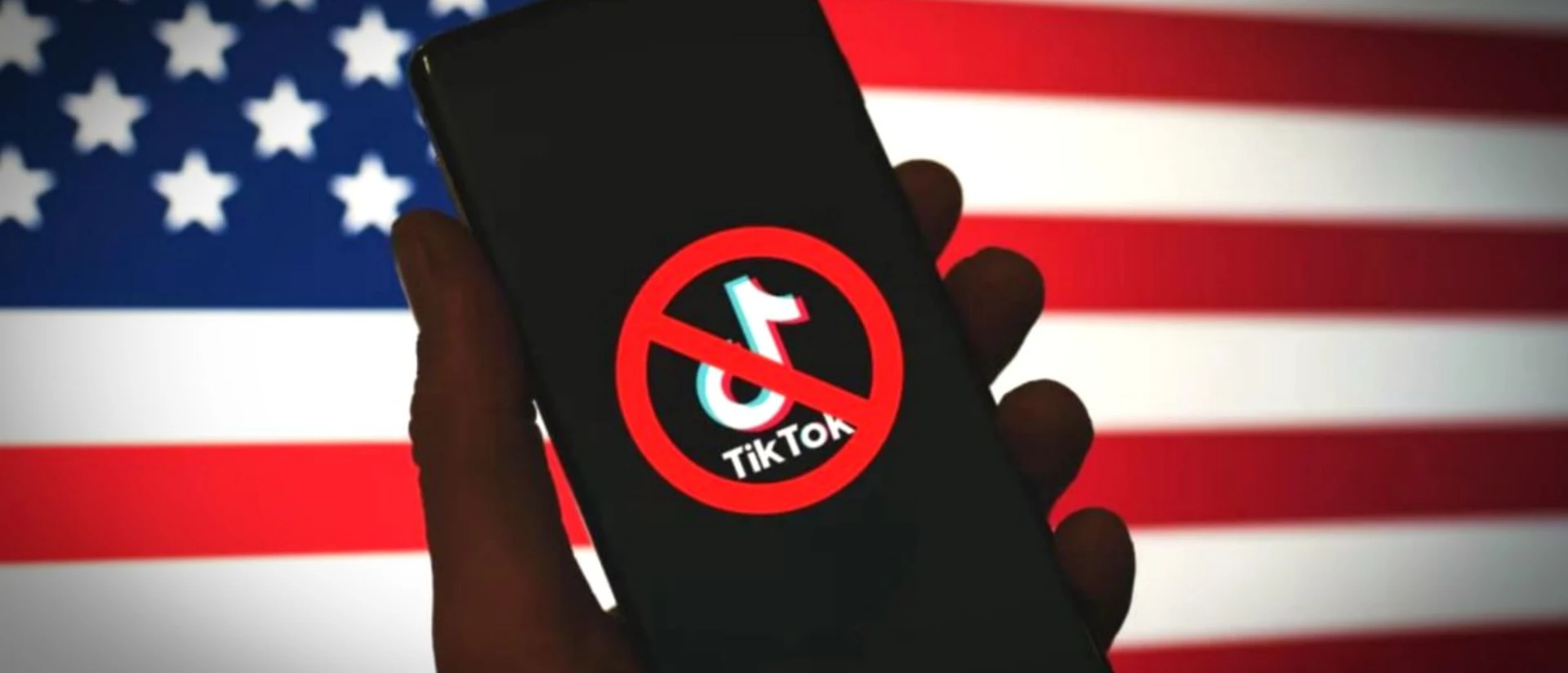by Matt Agorist, The Free Thought Project:

Anytime there is a bipartisan consensus on a piece of legislation making its way through Congress, Americans should be doubly concerned about exactly what that legislation actually does.
The reason for this is that during this day and age of political theater, smoke and mirrors, controlled opposition chicanery and the like reinforcing the tribalism’s of the fake left versus right dichotomy, anytime the oligarchy is actually united on a certain front you can rest assured that behind whatever manufactured crisis or phony narrative they are propagating is an ulterior motive that only goes to serve in the benefit of the predator class.
TRUTH LIVES on at https://sgtreport.tv/
This is typically the case throughout recent American history often with the passage of and subsequent renewals of things such as 2001’s Patriot Act, or the yearly reauthorization of the illegal warrantless mass surveillance programs through acts such as the NDAA, and previously proposed legislation that has since failed such as the 2021 For The People Act; a dubious bill disguised as a voting rights law but which actually restricted voter choice by suppressing independent and third party candidates.
They are at it again.
On March 13th the US House of Representatives passed a 352 to 65 vote, with overwhelming bipartisan support, in favor of the Protecting Americans from Foreign Adversary Controlled Applications Act (HR 7521) in a bid to force the social media app TikTok to divest from its Chinese parent company ByteDance within six months or otherwise face a nationwide ban.
This isn’t the first time that the establishment has come after the newly created social media platform which soared in popularity during the pandemic. Last March Congress tried and thankfully failed to pass the Orwellian Restricting the Emergence of Security Threats that Risk Information and Communications Technology Act, or RESTRICT Act.
Floating under a similar guise as the current TikTok ban, the bill served effectively as a digital iron curtain giving the federal government sweeping powers of surveillance and censorship while feigning concerns about protecting Americans privacy.
Writing about the RESTRICT Act at the time, The Free Thought Project’s editor-in-chief Matt Agorist had this to say;
Make no mistake, this piece of legislation is the “Patriot Act on steroids.” The RESTRICT Act would seemingly grant the US government total control over all devices connected to the internet, including cars, Ring cameras, refrigerators, Alexa devices, and your phone. It goes beyond the pale, with the end goal being nothing short of a complete invasion of your privacy.
Under the guise of national security, the RESTRICT Act targets not only TikTok but all hardware, software, and mobile apps used by more than one million people. This means that anything from your Google Home device to your smartphone could be subject to government monitoring and control.
Similarly, the current push to do away with the app isn’t much different.
Characterized as a “power grab for the deep state”, while elaborating upon the dubious and vague nature of the legislation independent journalist Michael Tracey notes:
Another provision authorizes the President, who is currently Joe Biden and may soon be Donald Trump, to make unilateral determinations about whether certain applications “present a significant threat to the national security of the United States,” and therefore must be banned like TikTok. The criteria for making such a determination is left conspicuously vague.
So if you really want to give Biden or Trump more unilateral power to control the proliferation of content online, this appears to be just the bill for you.
He further charges that the bill effectively violates the First Amendment rights of over 150 million Americans, both children and adults, who use the app not only as a mechanism for the expression of their speech, and to engage with the free speech of others, but also as a means of consuming information, which is protected under the First Amendment clause of freedom of press.
Tracey also took aim at the obscure usage of “protecting national security” and classified hearings as a means of fast tracking the legislation, as these excuses have often been utilized to make ulterior motives more ambiguous. Stating —
Read More @ TheFreeThoughtProject.com





